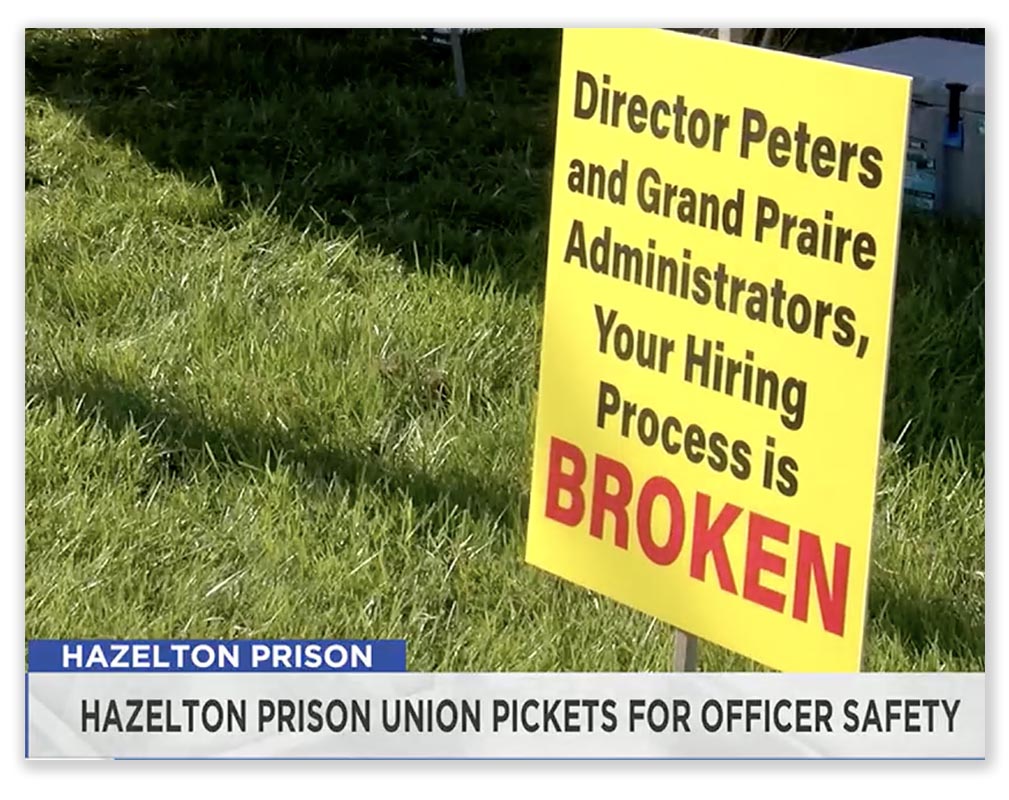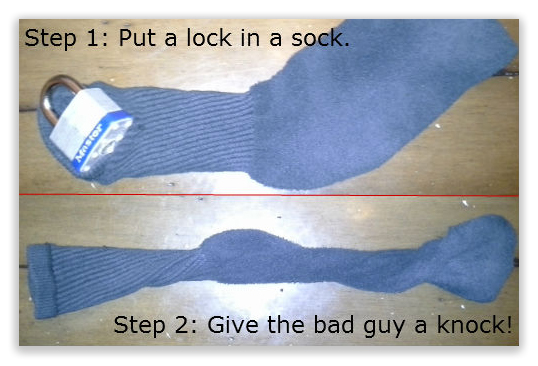We post news and comment on federal criminal justice issues, focused primarily on trial and post-conviction matters, legislative initiatives, and sentencing issues.

IT’S ALL CONDITIONAL: BOP ANNOUNCES CHANGES IN FSA CREDIT DATES
One of the recurring problems with the Federal Bureau of Prisons’ reluctant implementation of the First Step Act’s system for granting inmates credit for completion of programs designed to reduce recidivism is this: Prisoners are to earn credits as long as they are in BOP custody – including while in halfway house or home confinement – much like good conduct time credit under 18 USC § 3624(b) – but the agency has up to now adopted no system that would capture those latter FSA time credits (FTCs) and apply them to the benefits to which 18 USC § 3624(g) entitles inmates.
 Instead, the BOP has been refusing to grant FTCs to people within 18 months of their release. It has been as though your employer decided not to pay you for your last month working for him because figuring out your final checks is just too much effort. Your bureaucracy in action.
Instead, the BOP has been refusing to grant FTCs to people within 18 months of their release. It has been as though your employer decided not to pay you for your last month working for him because figuring out your final checks is just too much effort. Your bureaucracy in action.
Two months ago, however, prisoners’ Sentence Computation forms suddenly included a line for “Conditional Placement Date.” But nearly as soon as the forms were available, the BOP withdrew the date, claiming an error in calculation. For the last two months, prisoners were denied any documentation of their FSA credit calculations pending further work by the BOP on the subject.
Last Friday, the BOP announced that it will now start calculating three “conditional” dates for inmates. When a prisoner first enters the system, the BOP calculates a release date premised on the inmate earning all of the good conduct time under 18 USC § 3624(b) that he or she could possibly get. Now, the same will be done for FTCs.
The BOP will calculate three dates on a prisoner’s sentence comp sheets:
• FTC Conditional Placement Date: The date when an inmate may be eligible for halfway house or home confinement based on the application of his or her maximum potential FTCs.
• Second Chance Act (SCA) Conditional Placement Date: The date when an inmate may be eligible for release under the SCA, which allows for up to 12 months halfway house placement. SCA eligibility is based on an individualized assessment by BOP staff. Nothing is promised, with SCA placement being anywhere from zero months to a full year.
• Conditional Transition to Community Date: This date is the earliest possible date for transfer from prison to halfway house or home confinement, based on a combination of FTCs and SCA eligibility.
The BOP promises that staff will use these new conditional dates to make release decisions starting 17-19 months before the Conditional Transition to Community Date. The BOP said that “[f]or eligible individuals, this could include recommendations for direct home confinement, bypassing [halfway house] placement where appropriate.”
 The BOP warns that “FSA Conditional Release Date is a projected date based on various factors, including continued eligibility for FTCs, participation in programs, and eligibility and appropriateness under SCA.”
The BOP warns that “FSA Conditional Release Date is a projected date based on various factors, including continued eligibility for FTCs, participation in programs, and eligibility and appropriateness under SCA.”
Writing in Forbes this past weekend, Walter Pavlo recounted the BOP’s sorry record on FTC implementation, having “been plagued with computer problems to calculate the credits, inconsistent interpretation of the First Step Act and poor communication to the line staff at prisons who are tasked with implementing the programs. The result is that the BOP has held prisoners in institutions longer than necessary and in some cases held them beyond their release date.”
So, hypothetically, someone beginning a 120-month sentence on Jan 1, 2024, would have a good time release date of about July 1, 2032. The first 365 days of FTCs she earned would move that date to July 1, 2031. Between the start of her sentence and July 1, 2031, she would earn 1305 FTCs. After using 365 of those FTCs to reduce her time by a year (under 18 USC § 3624(g)(3)), she would have 940 days left. Those 940 days would let her transition to halfway house or home confinement on about Nov 3, 2028. That date should be her FTC Conditional Placement Date.
Under the Second Chance Act, she could get an additional year in halfway house. That would make her Conditional Transition to Community Date about Nov 3, 2027.
It is close to misfeasance that it has taken the BOP nearly six years from the passage of the First Step Act to finally figure out a system that a kid with an Excel spreadsheet could have accomplished in under an hour. What’s worse is that so many prisoners have been denied their full FTC benefit by an agency hidebound by stasis and contempt for the people entrusted to its custody
 Note that while BOP Director Peters’ kinder, gentler BOP calls inmates “adults in custody,” I do not. When the people locked up in BOP institutions are treated like persons in custody instead of inmates, prisoners, or numbers, I will call them AICs. For now, the BOP treats them with contempt. Calling them AICs doesn’t change that.
Note that while BOP Director Peters’ kinder, gentler BOP calls inmates “adults in custody,” I do not. When the people locked up in BOP institutions are treated like persons in custody instead of inmates, prisoners, or numbers, I will call them AICs. For now, the BOP treats them with contempt. Calling them AICs doesn’t change that.
BOP, FBOP Updates to Phone Call Policies and Time Credit System (October 4, 2024)
Forbes, Bureau of Prisons Announces Updates To First Step Act Calculations (October 5, 2024)
– Thomas L. Root





























